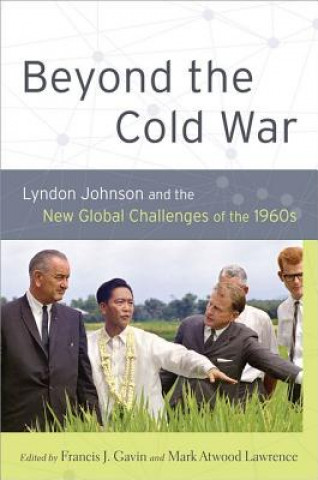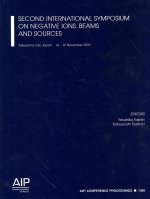
Kézbesítés
Vásárlási tanácsadó





Nem vált be? Semmi gond! Nálunk 30 napon belül visszaküldheti
 Ajándékutalvány
bármilyen értékben
Ajándékutalvány
bármilyen értékben
Ajándékutalvánnyal nem nyúlhat mellé. A megajándékozott az ajándékutalványért bármit választhat kínálatunkból.
Beyond the Cold War
 Angol
Angol
 522 b
522 b
30 nap a termék visszaküldésére
Ezt is ajánljuk


In writing about international affairs in the 1960s, historians have naturally focused on the Cold War. The decade featured perilous confrontations between the United States and the Soviet Union over Berlin and Cuba, the massive buildup of nuclear stockpiles, the escalation of war in Vietnam, and bitter East-West rivalry throughout the developing world. Only in recent years have scholars begun to realize that there is another history of international affairs in the 1960s. As the world historical force of globalization has quickened and deepened, historians have begun to see that many of the global challenges that we face today - inequality, terrorism, demographic instability, energy dependence, epidemic disease, massive increases in trade and monetary flows, to name just a few examples - asserted themselves powerfully during the decade. The administration of President Lyndon B. Johnson confronted tectonic shifts in the international environment and perhaps even the beginning of the post-Cold War world. While the ideologically infused struggle between the United States and the Soviet Union was indisputably crucial, new forces and new actors altered international relations in profound and lasting ways. This book asks how the Johnson administration responded to this changing landscape. To what extent did U.S. leaders understand the changes that we can now see clearly with the benefit of hindsight? How did they prioritize these issues alongside the geostrategic concerns that dominated their daily agendas and the headlines of the day? How successfully did Americans grapple with these long-range problems, with what implications for the future? What lessons lie in the efforts of Johnson and his aides to cope with a new and inchoate agenda of problems? This book reconsiders the 1960s and suggests a new research agenda predicated on the idea that the Cold War was not the only - or perhaps even the most important - feature of international life in the period after World War II.
Információ a könyvről
 Angol
Angol
Kategória




 Hogyan vásároljunk
Hogyan vásároljunk





























